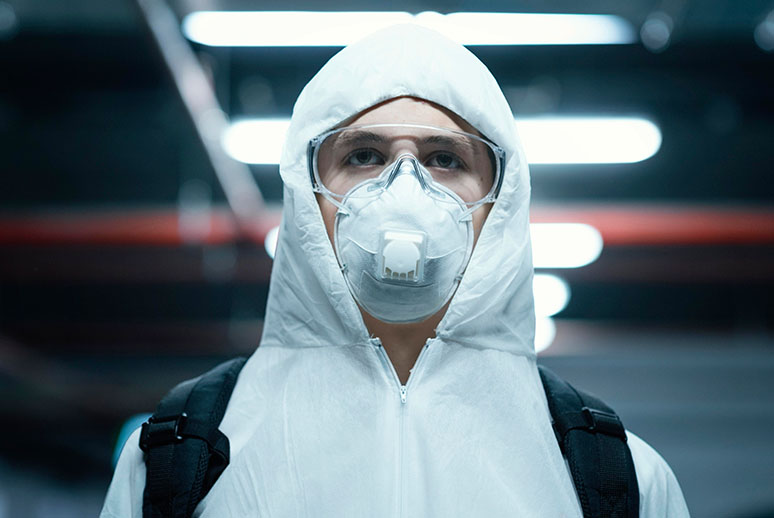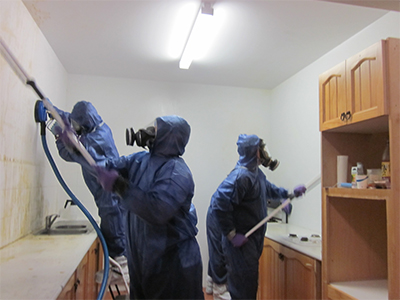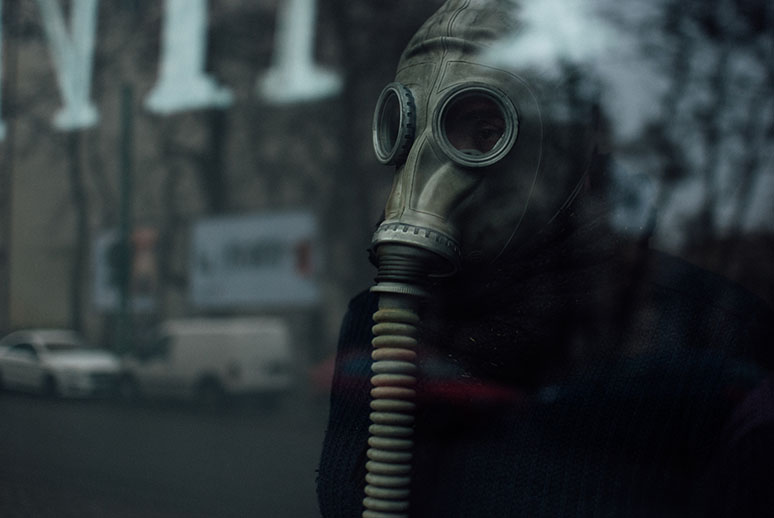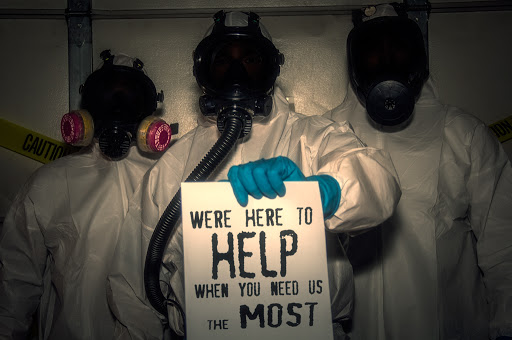What Aspiring Crime Scene Cleaners Need to Know About the Job

Image courtesy of freepik
Job Description
What do death and crime scenes, suicides, mold remediation, drug labs, and hoarding all have in common? Crime scene cleaner crews, like us, cleans up the scene. There’s no “typical” day for a crime scene technician.
Crime scenes and bio-related incidents are 24/7 emergencies, which means we’re always on call and traveling. Incidents can happen anywhere, from roadways, commercial buildings, homes, to public places miles away from home. And it isn’t always death scenes. It can be home disinfection, mold remediation, drug lab cleanups, or fingerprint powder removal.
Conditions vary drastically, from a small speck or otherwise clean looking small apartment, to an extremely hazardous hoarder’s home plagued with pests and animal waste.
We don’t move or transport the body. In fact, the cadaver is usually removed from the scene by the examiner right away. Despite this, you will be exposed to strong odors and uncomfortable sights.
How much does a technician make to start?
In states where the cost of living is higher (e.g. NYC and Ohio), expect to see $15-22 per hour to start. In lower income states, like WY and KY, the starting pay is $12.50-15 per hour. More experienced technicians (or sometimes referred to as hoarder cleaners) can expect to be paid $30-35 per hour in higher income states and $18-20 per hour in lower income states.
We’re proud to offer a competitive starting pay from $17.50-$27.50/hr, depending on experience.
Requirements & Skills
- “Whatever It Takes” Mentality – In addition to cleaning equipment, we scrub, crouch, bend, and kneel daily to ensure all areas are clean and safe.
- Creative Thinking – Biomatter spreads everywhere. You’ll sometimes have to think like an “artisan” to properly restore a scene.
- Reliable, Trustworthy, & Respectful – Imagine allowing a stranger inside to clean your recently deceased family member’s home. You must be compassionate and respectful at all times.
- Personable & Customer Service Oriented – We don’t replace the role of a therapist, but we do comfort families in situations we may not have experienced personally.
Most situations require removing walls, sheetrock, cabinets, doors, lights, and vents, so a background in construction, restoration, demolition, or carpentry can help. A background in forensics can help you navigate the crime scene, but gaining skill on how to clean crime scenes comes with training and practice.
How do I become a crime scene cleaner?
You must be certified to be a crime scene cleaner. Certifications are required and the company you’re applying to should pay for all schooling and training.
The education requirements include:
- OSHA – 30 Hour Card
- HAZWOPER
- BBP (Bloodborne Pathogen training) from OSHA
- Confined Space Certification
- “Right to Know”
Most companies train and have you study for these type of crime scene technician certificates in house. There are no “crime scene cleaning schools”, most of the time OSHA certifies you online, but some states require visiting a local office to get certified. Your employer should help you. Some companies might offer courses on crime scene cleaning, but you will still need to be certified through OSHA.

Physical Requirements
Crime scene technicians will need to squat, crouch, and scrub in confined spaces and large open areas. Some tasks may require lifting up to 65lbs. You must not have any previous conditions that affect your ability to breathe with a respirator. Weak lungs will put you at risk of respiratory arrest due to the respirator.
A strong stomach towards strong odors and visuals help, too. Crime scenes have poop (bowels are released upon death), urine, blood, decomposition odors, and other bio such as brain matter. Other situations may include pests, such as mice, maggots, and roaches.
What is appropriate dress attire?
Different levels of PPE are required for biohazard jobs, which means most garments are ill advised. Although you may encounter the client, the most professional attire in this career is wearing the proper PPE. So we suggest dress comfortably underneath your PPE, with clothes you don’t mind getting dirty. We advise against wearing jewelry since it rubs against the skin and can fall off and get lost.



